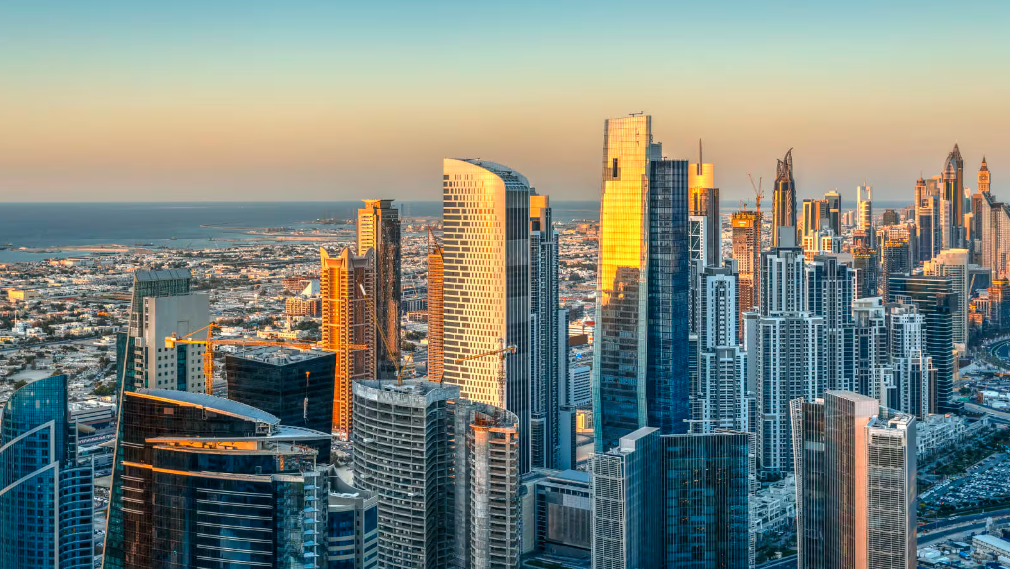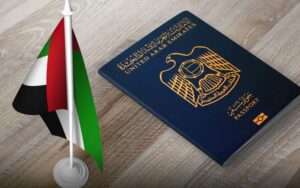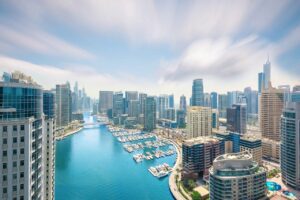The Middle East has long been a hub for business, trade, and culture, but in recent years, Middle East countries for real estate investment have also emerged as prime destinations. With growing economies, favorable government policies, and a strategic location at the crossroads of Asia, Europe, and Africa, the region offers lucrative opportunities for investors. In 2024, several Middle East countries stand out as top choices for real estate investment, driven by strong economic fundamentals, impressive infrastructure developments, and attractive returns on investment (ROI).
Top Real Estate Investment Destinations in the Middle East
1. United Arab Emirates (UAE)
The UAE, particularly Dubai and Abu Dhabi, has been a top choice for real estate investors for over a decade. The country’s strategic location, business-friendly environment, and world-class infrastructure make it a magnet for foreign investment.
- Dubai: Dubai is one of the most dynamic real estate markets in the world. In 2023, Dubai recorded over 86,000 real estate transactions, a staggering increase of 44.7% compared to 2022. The total value of these transactions reached AED 527 billion (approximately USD 143 billion), representing a 50% year-on-year growth. The city continues to expand with mega-projects like Dubai Creek Harbour and Dubai South, promising high returns for investors. The Expo 2020 Dubai also had a lasting impact, boosting demand in both the residential and commercial sectors.
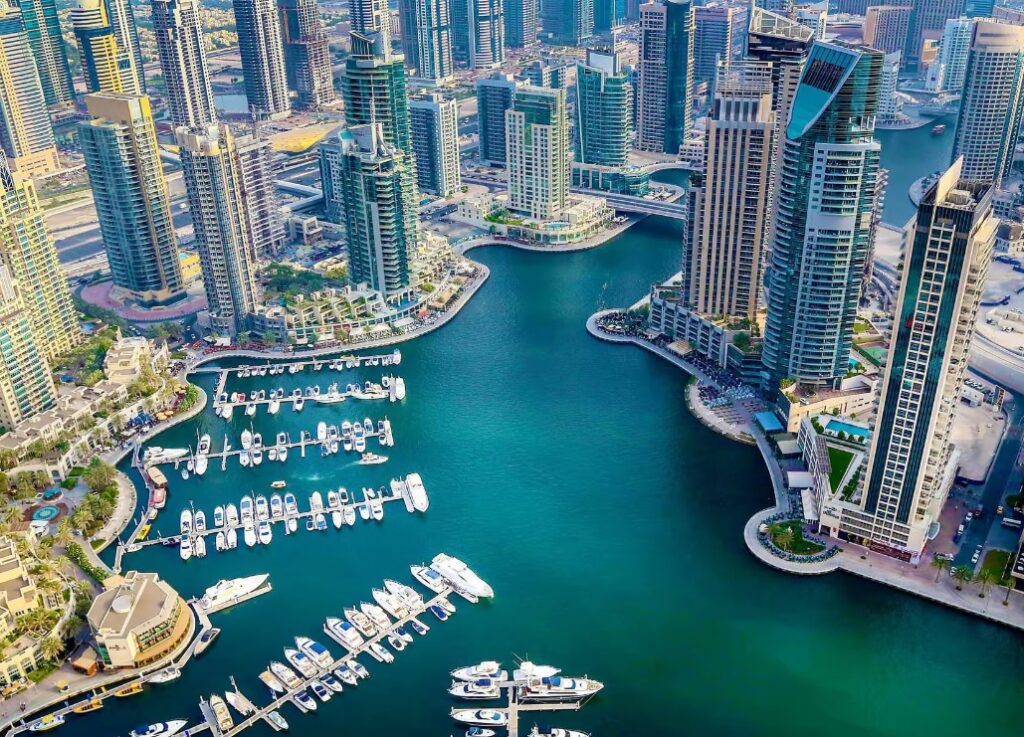
- Abu Dhabi: While Dubai often steals the spotlight, Abu Dhabi is quietly becoming a significant player in the real estate market. The capital city offers a more stable and mature market, with fewer fluctuations than Dubai. In 2023, Abu Dhabi saw real estate transactions worth AED 75 billion (approximately USD 20.4 billion), driven by projects such as Saadiyat Island and Yas Island, which are attracting both local and international investors.
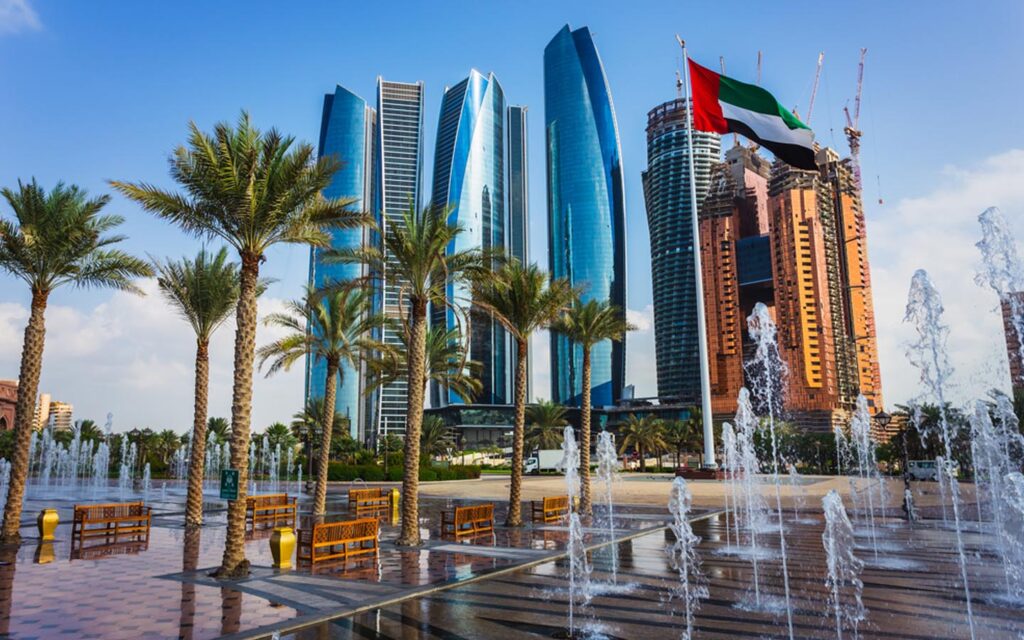
2. Saudi Arabia
Saudi Arabia’s real estate sector is evolving rapidly, fueled by the government’s Vision 2030 initiative, which seeks to reduce the nation’s reliance on oil by diversifying the economy. The kingdom is investing heavily in infrastructure, tourism, and housing, creating new opportunities for real estate investors.
- Riyadh: Riyadh, the capital, is at the heart of Saudi Arabia’s economic transformation. The city is witnessing rapid growth, with several mega-projects underway, including the King Abdullah Financial District and the Riyadh Metro. In 2023, Riyadh’s real estate market saw a 12% growth in residential property prices, while commercial real estate grew by 8%. The government’s plan to double the city’s population by 2030 is expected to further boost the real estate market.
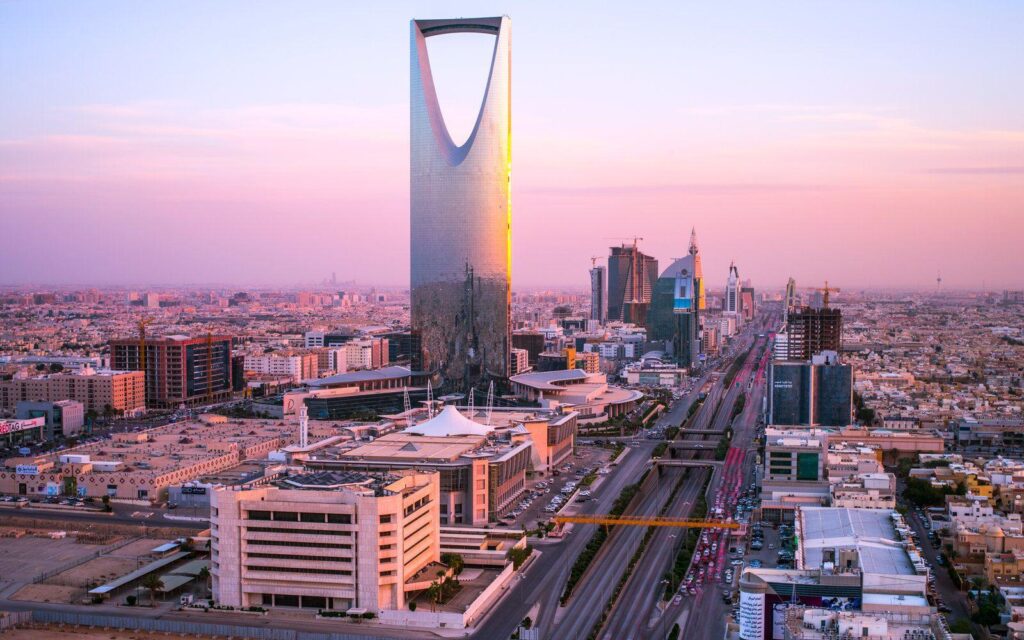
- Jeddah: As the gateway to Mecca, Jeddah is a key city for real estate investment in Saudi Arabia. The city is focusing on modernizing its infrastructure and expanding its residential and commercial real estate sectors. In 2023, Jeddah recorded a 10% increase in residential property prices and a 6% rise in commercial property values. The ongoing development of Jeddah Economic City, including the Jeddah Tower, which is set to be the world’s tallest building, presents significant investment opportunities.
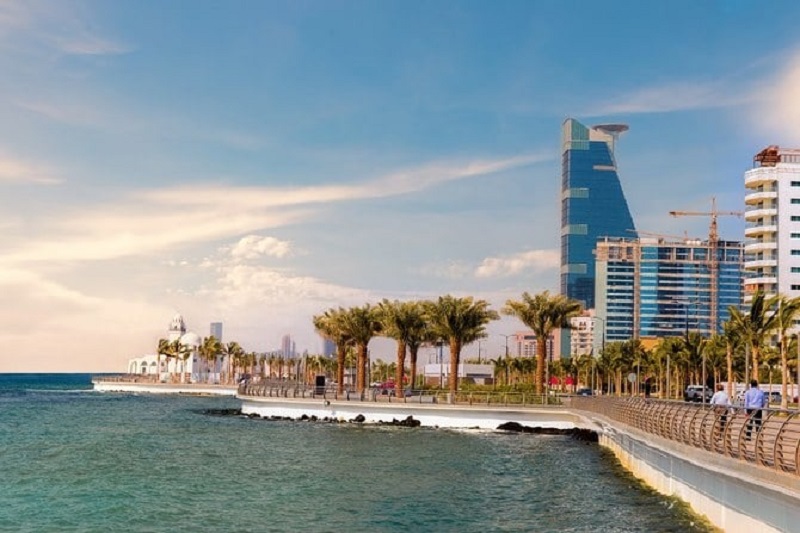
3. Qatar
Qatar, with its robust economy and high standard of living, is an attractive destination for real estate investors. The country’s successful hosting of the FIFA World Cup 2022 has accelerated infrastructure development, particularly in the real estate sector.
- Doha: Doha, the capital, is the epicenter of Qatar’s real estate market. The city has seen significant growth in both residential and commercial properties. In 2023, the value of real estate transactions in Doha reached QAR 29 billion (approximately USD 7.9 billion), a 15% increase from the previous year. Key areas of investment include The Pearl-Qatar and Lusail City, both offering high-end residential and commercial properties with strong rental yields.
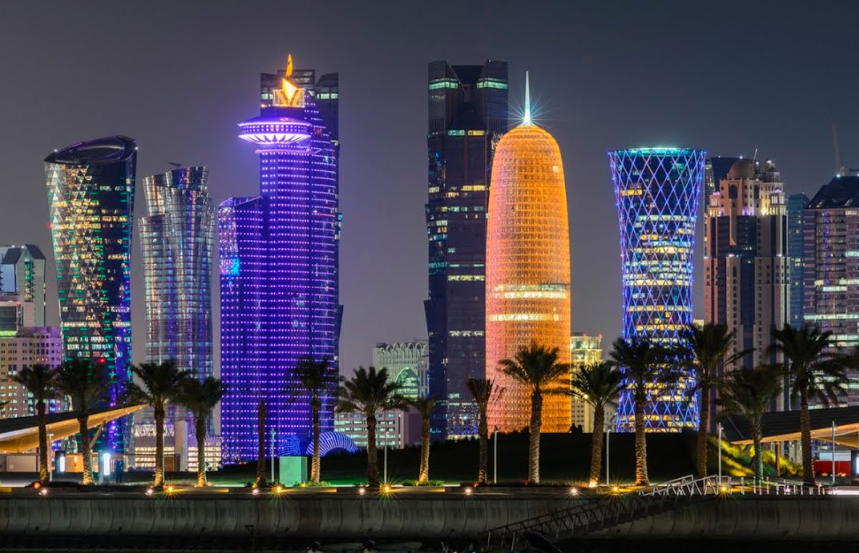
4. Oman
Oman’s real estate market is emerging as a stable and attractive investment destination, particularly in cities like Muscat. The Omani government has introduced several initiatives to attract foreign investment, including the introduction of freehold properties for expatriates.
- Muscat: Muscat, the capital, offers a more affordable and stable real estate market compared to its Gulf neighbors. In 2023, Muscat’s real estate market grew by 5%, with a total transaction value of OMR 3.5 billion (approximately USD 9.1 billion). The city’s property market is particularly attractive to expatriates, thanks to new laws allowing them to own freehold properties in designated areas.
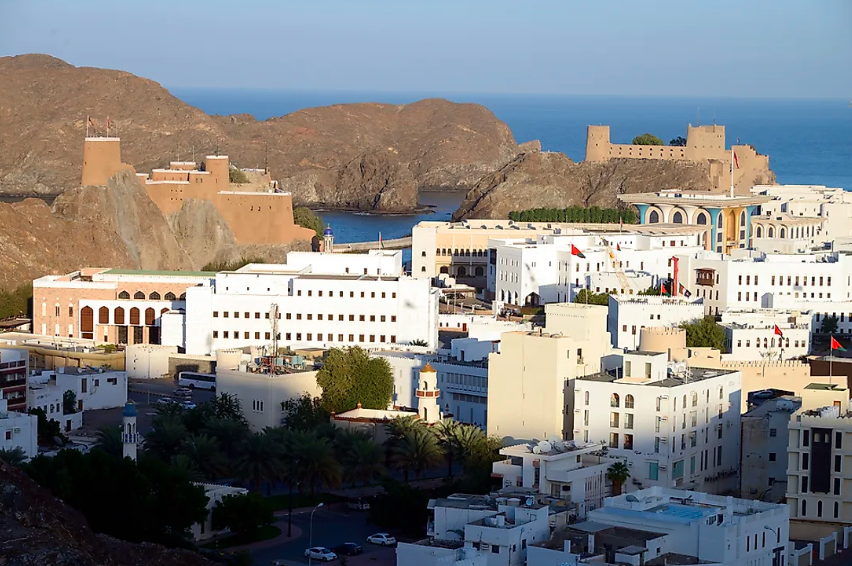
5. Bahrain
Bahrain may be smaller than its Gulf counterparts, but it offers a highly liberalized and investor-friendly environment. The country’s real estate market has seen steady growth, supported by economic diversification efforts and a robust financial sector.
- Manama: Manama, the capital, is Bahrain’s real estate hub. The city has seen a steady increase in property prices, particularly in the residential sector. In 2023, Manama’s real estate transactions totaled BHD 1.3 billion (approximately USD 3.4 billion), with a 7% increase in residential property prices. The government’s focus on developing the financial and tourism sectors is expected to drive further growth in the real estate market.
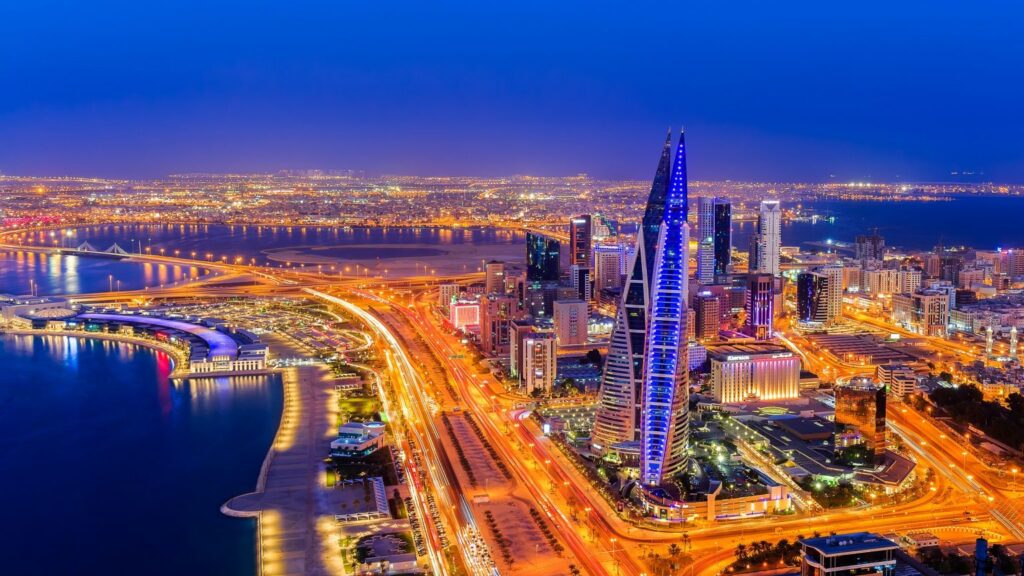
Middle East Real Estate Investment Guide
Understanding the Market Dynamics
Investing in Middle Eastern real estate requires a solid grasp of the region’s unique market dynamics. Key factors to consider include economic stability, government policies, and demand-supply balance in the target market.
- Economic Stability: Countries like the UAE, Saudi Arabia, and Qatar have robust economies fueled by diversification efforts, tourism, and massive infrastructure development, which provide a solid foundation for real estate investments.
- Government Policies: The Middle East has implemented several regulatory reforms to attract foreign investment. For instance, the UAE’s long-term visas for property investors and Saudi Arabia’s new laws permitting full foreign ownership of businesses create an appealing environment for international investors.
- Demand and Supply: Market success is often tied to understanding the demand-supply dynamics. Cities like Dubai and Doha continue to experience high demand for residential and commercial properties, while emerging markets like Muscat offer growing opportunities in affordable housing sectors.
2024 Real Estate Investment Opportunities in the Middle East
Looking forward to 2024, several key trends are expected to shape real estate investment opportunities across the Middle East:
- Sustainable Development: With a growing emphasis on sustainability, cities like Dubai and Riyadh are focusing on eco-friendly developments, making properties in these areas attractive to environmentally-conscious investors.
- Tourism and Hospitality: Major events like Expo 2023 in Doha and the ongoing development of tourist destinations in Saudi Arabia are driving demand for hotels, resorts, and short-term rentals, offering promising returns.
- Technological Advancements: The rise of smart city projects is enhancing the attractiveness of Middle Eastern real estate. Cities like Dubai and Doha are at the forefront, integrating smart technologies that increase property value and appeal.
Which Middle East Countries Are Best for Property Investment?
When selecting the best countries for property investment in the Middle East, consider those with strong growth potential, investor-friendly policies, and sound economic fundamentals. The UAE, Saudi Arabia, Qatar, Oman, and Bahrain are top contenders in 2024.
High ROI Real Estate in the Middle East
Investors can expect high returns in the Middle Eastern real estate market. For instance, Dubai offers residential rental yields ranging from 6% to 8%, while Doha and Riyadh also present strong rental yields across various property segments.
Safe Real Estate Investments in the Middle East
Investing in the Middle East is generally safe, particularly in GCC countries like the UAE, Saudi Arabia, and Qatar, where robust legal frameworks protect investors’ rights. These countries ensure transparency in transactions, adding a layer of security for investors.
Emerging Real Estate Markets in the Middle East
While well-established markets like Dubai and Riyadh continue to thrive, cities like Muscat in Oman and Manama in Bahrain are emerging as new hotspots. These cities offer lower entry costs and potential for significant capital appreciation, especially as their economies expand.
Profitable Real Estate Markets in the Middle East
The profitability of real estate investments in the Middle East is driven by factors like property appreciation, strong rental yields, and a favorable economic environment. From the luxury segment in Dubai to affordable housing in Muscat, the region offers a wide range of lucrative opportunities for investors.
Conclusion
The Middle East is a dynamic region with vast potential for real estate investors. The UAE, Saudi Arabia, Qatar, Oman, and Bahrain stand out as the best countries for real estate investment in 2024, offering a mix of high returns, stability, and growth opportunities. Whether you are seeking immediate profits or long-term gains, the Middle East provides a diverse and rewarding landscape for real estate investment.

